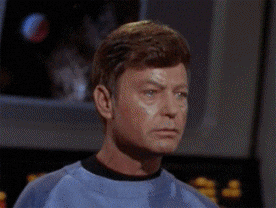Star Trek, as an iconic science fiction franchise, has always been known to push the boundaries of what is possible both within its universe and our own. One aspect that sets it apart from other franchises is how deeply it delves into social issues and implications. From its inception with Star Trek: The Original Series (TOS) to the latest installments like Discovery, Picard, and Lower Decks, the series has consistently challenged societal norms and explored complex themes that resonate with viewers even today.
In TOS alone, we see a diverse crew representing various backgrounds working together towards common goals despite their differences - something unheard of during its time on air in 1966-1969. This was groundbreaking as it promoted unity and acceptance among people from different walks of life at a time when segregation still existed in many parts of the world.
Fast forward to Star Trek: The Next Generation (TNG), we see Captain Jean-Luc Picard leading his crew through moral dilemmas, ethical questions, and cultural misunderstandings that mirror real-world issues such as racism, sexism, and xenophobia. These episodes often serve as a platform for discussing these topics openly while providing thoughtful resolutions or at least sparking conversations among viewers about how they would handle similar situations.
In conclusion, Star Trek has consistently used its platform to address social issues head-on, encouraging dialogue and reflection on our own society's shortcomings. By presenting diverse characters who challenge traditional roles and expectations, the franchise continues to inspire change in both its fictional universe and ours.
